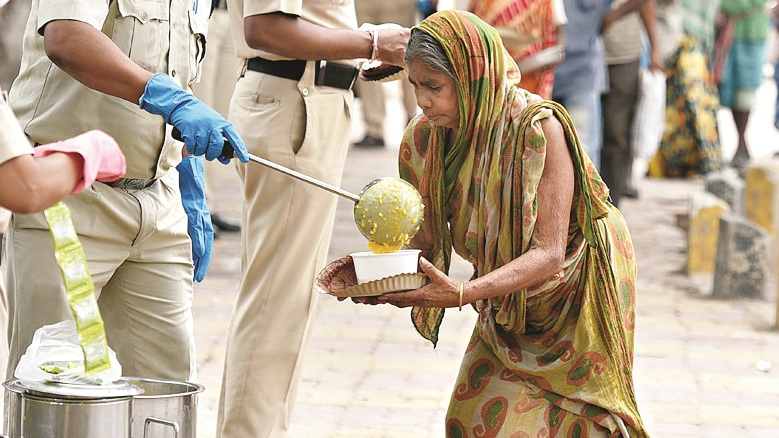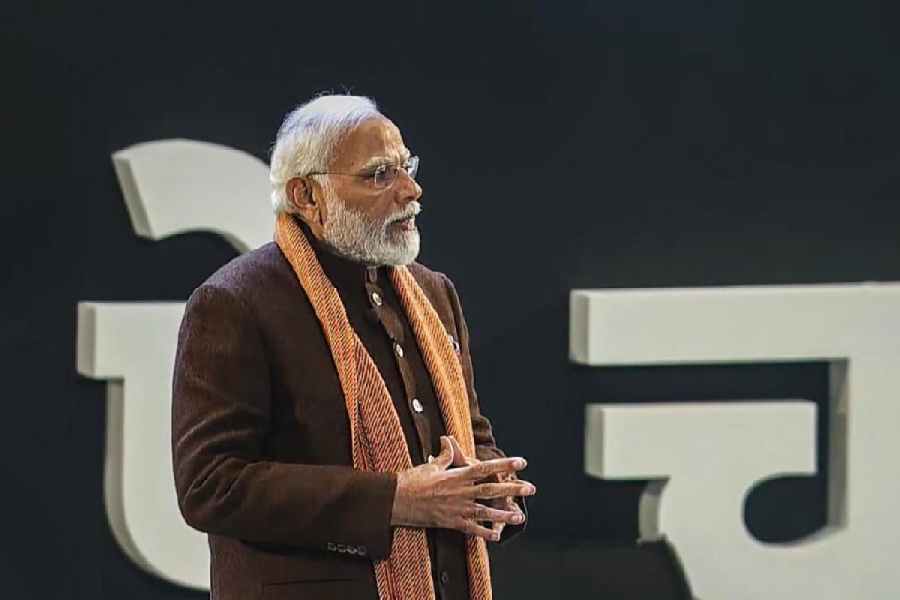A closer look at the cause of human suffering can yield shocking revelations. The United Nations’s Food Waste Index Report 2021 showed, for instance, that in 2019, an estimated 931 million tonnes of food were thrown away by households, restaurants and other food services around the world. This, at a time when hunger and malnourishment are global concerns. It is often believed that hunger is the result of inequitable access to food or its underproduction. The UN report, however, tells a different tale. In India, the food wastage per person in a year was estimated to be 50 kilogrammes. One of the consequences of such waste is there for all to see; in last year’s global hunger index, India ranked 94 out of 107 nations and was bracketed in the ‘serious’ hunger category.
The report underscores the need to view hunger holistically: lack of access to food, faulty distribution, chronic poverty, conflict, populous societies and, significantly, food wastage all play a part in aggravating the problem. While the Food Safety and Standards Authority of India launched an initiative to encourage saving and sharing food that might have been wasted, it is unlikely to yield far-reaching results without governments conducting targeted awareness campaigns to sensitize households to the need to cook and consume according to their needs. There is an additional — moral — issue that must not be ignored. The excessive purchase, stocking and consumption of food is increasingly being projected as a signifier of wealth, ostentation and power. According to one estimate, about 10 to 20 per cent of the food at the Great Indian Wedding — and, possibly, at other such social occasions — is wasted. Such pandering to excess, mostly by the rich, in a country that accounted for 22 per cent of the global burden of food insecurity — the highest for any nation — in 2017-19 is shameful. China has launched the ‘clean plate’ campaign under which efforts are being made to reduce food wastage. Similar policies to curb criminal wastage elude India. In 2018, the Delhi government told the Supreme Court that it was considering imposing restrictions on the number of guests at “extravagant” weddings to minimize food wastage; it is unclear whether the policy has fructified. Meanwhile, there is a push to reduce food subsidies with the Niti Aayog recently recommending the reduction of the rural and urban coverage under the National Food Security Act. In a nation floundering under the weight of starvation, a concerted public campaign fortified with a legislative framework must be in place to prevent and penalize food wastage.











